
Among the Gita’s 700 verses, Krishna speaks 574 verses, Arjuna speaks 84, Sanjaya speaks 41 and Dhritarashtra 1. When the Gita contains words in addition to those of Bhagavan, can the book be called Bhagavad-gita? Yes, because the other speakers’ words wouldn’t have mattered much without Krishna’s words, which are the heart of the book.
Consider an example. Suppose an event is called, “A talk by popular orator XYZ.” In the actual event, the orator won’t be the only speaker; other speakers may include the emcee and guest(s) who introduce or give the vote of thanks. Despite these other speakers, that event can still be rightly called the orator’s talk. Why? Because the other people’s speeches set the scene for the orator’s speech.
In the Gita, let’s see how the other speakers set the scene for Krishna.
Dhritarashtra: His sole words (01.01) constitute the starting question that takes the Mahabharata’s narrative focus to the Kurukshetra battlefield.
Sanjaya: He speaks four times: in the first chapter when the narrative focus shifts from Dhritarashtra’s chambers to the battlefield; in the second chapter when the the main speaker at Kurukshetra shifts from Arjuna to Krishna; in the eleventh chapter when Krishna reveals his universal form; and in the last (eighteenth) chapter when the narrative ends.
Arjuna: He speaks in all Gita chapters except chapters seven, nine, fifteen and sixteen. Among all chapters, he speaks the most in chapter 1, describing the impending fratricide and the consequent heart-wrenching dilemma. Because he asks the questions that drive the Gita’s narrative, the Gita is often called a Krishna-Arjuna conversation (18.74-75).
As these speakers’ words make the relevance and impact of Krishna’s words more evident, the entire book is rightly called the Bhagavad-gita.
One-sentence summary:
Because the other speakers’ words set the scene for Krishna’s words, which are the book’s essential and principal content, the entire book is rightly called the Bhagavad-gita.
Think it over:
- How do the other speakers set the scene for Krishna’s words?
- When other speakers speak in the Gita, why is it still called Bhagavad-gita?
- Why is the Gita also known as the Krishna-Arjuna conversation?
***
01.01: Dhritarashtra said: O Sanjaya, after my sons and the sons of Pandu assembled in the place of pilgrimage at Kurukshetra, desiring to fight, what did they do?
To know more about this verse, please click on the image

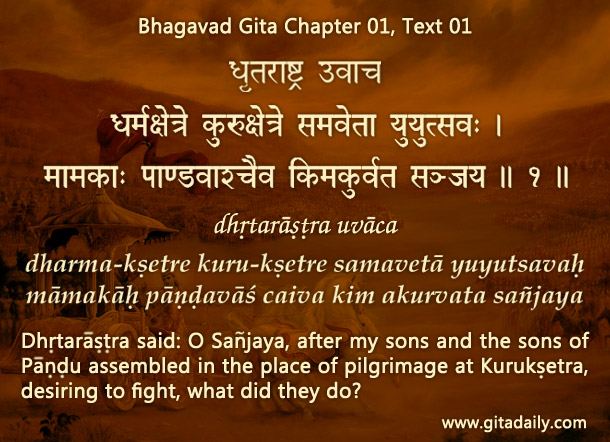

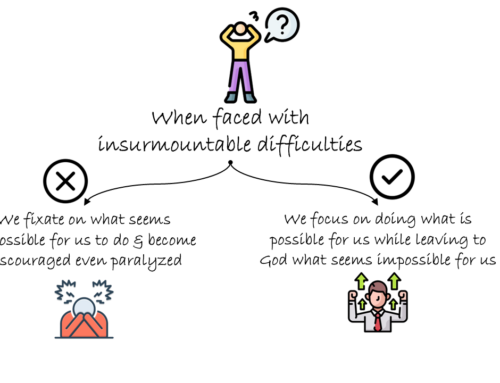

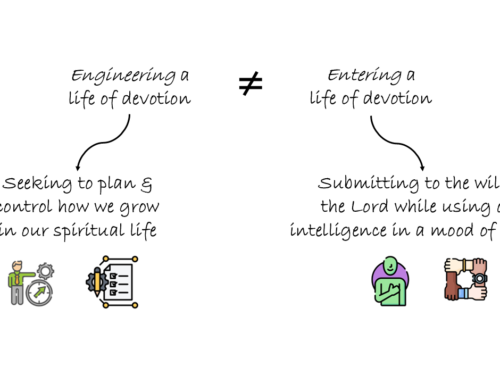

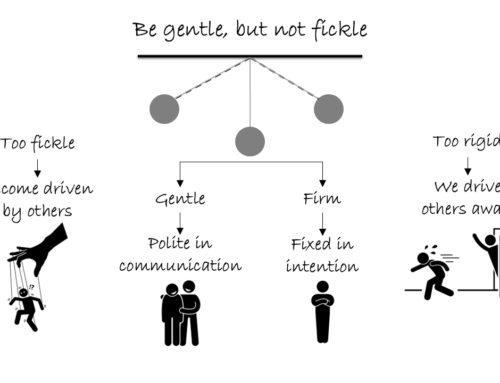
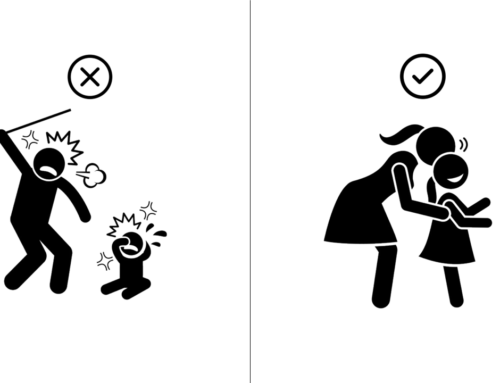
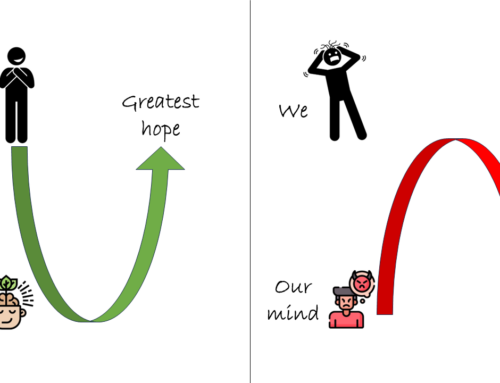
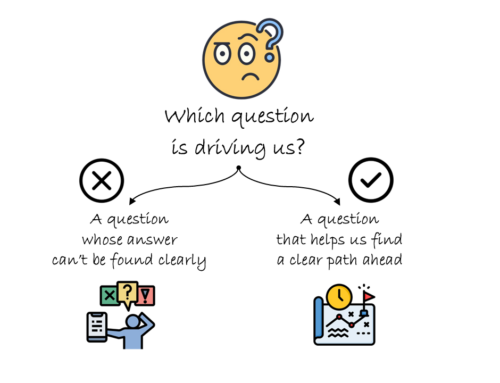
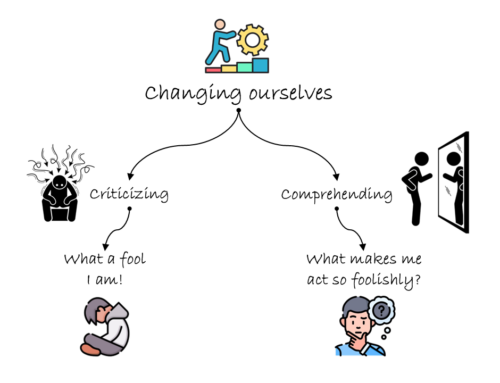
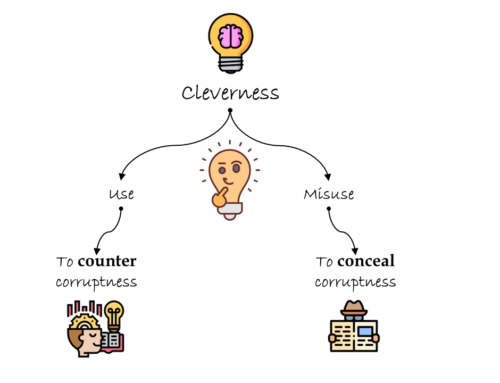

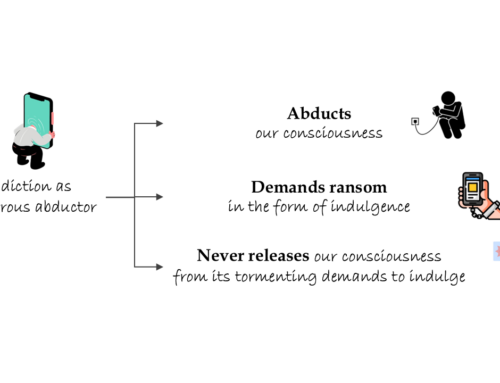
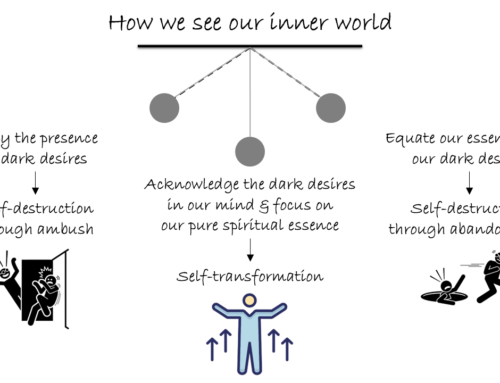
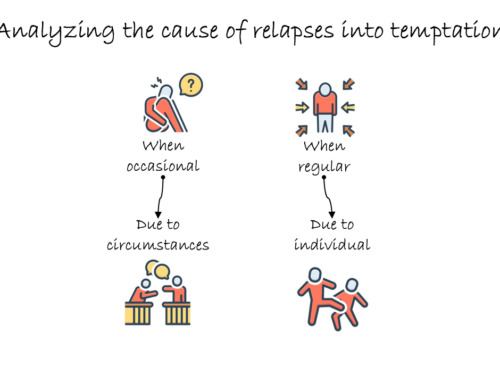
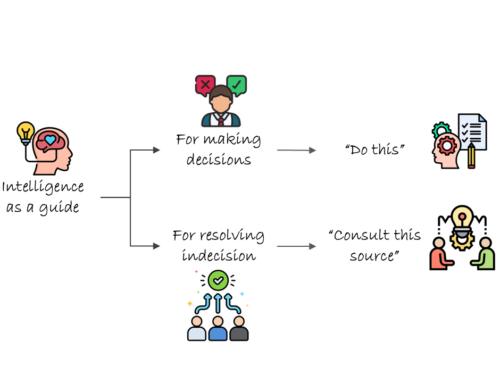
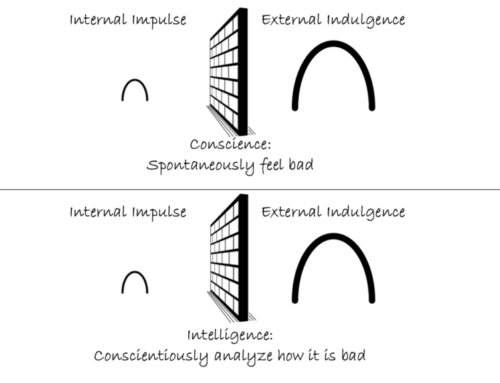
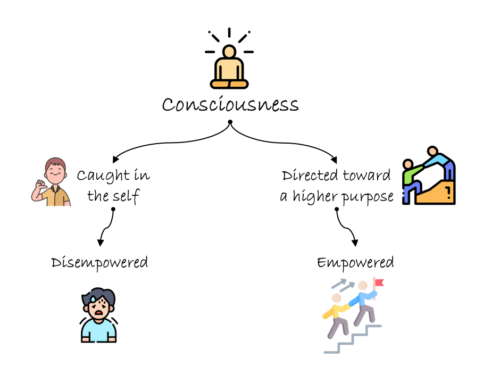
Leave A Comment